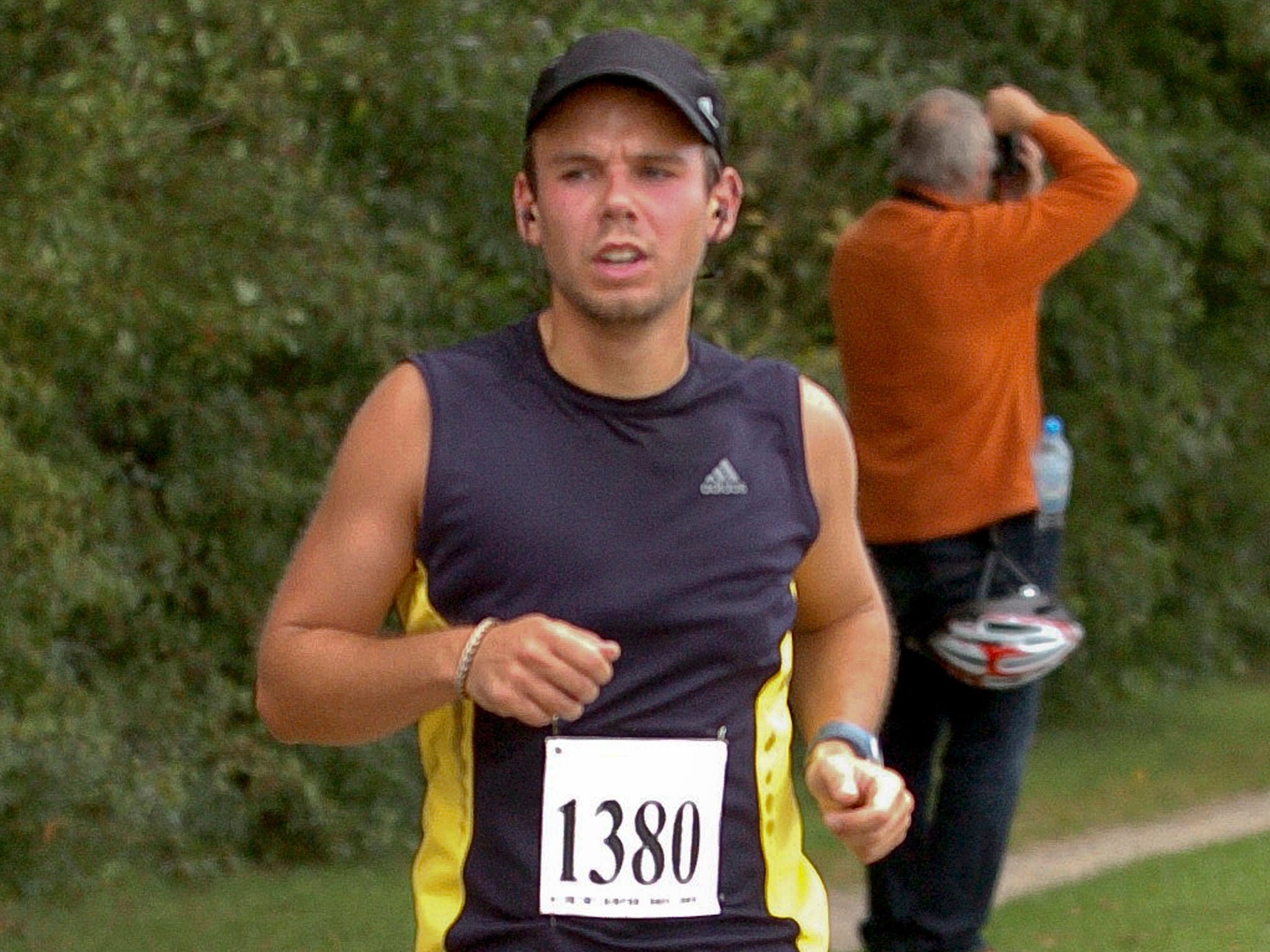Being sensitive to mental health need not lead us to downplay the horror of what Lubitz did
The Only Way is Ethics: Many people experience mental illness, hardly ever does that lead them to kill


Your support helps us to tell the story
From reproductive rights to climate change to Big Tech, The Independent is on the ground when the story is developing. Whether it's investigating the financials of Elon Musk's pro-Trump PAC or producing our latest documentary, 'The A Word', which shines a light on the American women fighting for reproductive rights, we know how important it is to parse out the facts from the messaging.
At such a critical moment in US history, we need reporters on the ground. Your donation allows us to keep sending journalists to speak to both sides of the story.
The Independent is trusted by Americans across the entire political spectrum. And unlike many other quality news outlets, we choose not to lock Americans out of our reporting and analysis with paywalls. We believe quality journalism should be available to everyone, paid for by those who can afford it.
Your support makes all the difference.Friday’s Independent led with the headline “Killer in the cockpit”. As it emerged that the devastating air crash in the French Alps was the result of a deliberate act by the man at the controls, speculation inevitably turned to the question of motive. Yet the media’s insatiable need to fill column inches and rolling broadcasts straight away means that a few details often have to go a long way. Conjecture becomes the order of the day.
In relation to last week’s tragedy, the primary point of contention has been the extent to which Andreas Lubitz’s health was a factor in his decision to kill himself as well as 149 others. Investigators released details about past episodes of serious depression and suggested Lubitz was hiding the existence of an ongoing illness. Yesterday came reports he was concerned about going blind.
Without anything more specific to go on – no suicide note, no final messages of explanation – the narrative has therefore been set that Lubitz was driven to desperate measures by some sort of psychological disorder. Several charities, including Mind and Rethink, have expressed concern that this account, especially as summarised by headlines, is too simplistic and may add to the stigma surrounding mental health problems.
It is difficult to argue against the experts’ view, yet it doesn’t seem to permit the possibility of much sophistication on the part of readers. In fact, there is a better understanding of mental health today than at any time in history. And few would now believe that the mere existence of mental ill-health is likely, in and of itself, to turn an individual into a mass-killer.
As for that headline in Friday’s Independent, some wondered whether “Killer in the cockpit” was too stark, failing to show due consideration for Lubitz’s possible illness. However, just as the notion that his actions were sparked by mental disorder ought not to be extrapolated as applying potentially to all who live with such illness, so it would be wrong to downplay the horror of what he has done for fear of being thought unsympathetic of his condition, the precise nature of which remains unclear in any case. The simple fact is this: many people experience mental illness, including, no doubt, a fair few pilots; hardly ever does that lead them to kill.
Respecting grief of the bereaved
A couple of readers raised concerns that, on Wednesday, we included a picture of distressed relatives as they waited to travel to the scene of the crash from Barcelona’s El Prat airport. True, the individuals were in a fairly public place and their location abroad certainly reduces any chance that our use of the image would cause them further distress.
Nonetheless, it felt intrusive. The text of the accompanying report noted that other grieving relatives at Düsseldorf airport were being shielded from the press and were being offered trauma counselling; a clear indication of the potential for media interest to add to the burden of the bereaved. With that in mind, the appearance of a picture showing weeping family members seemed all the more incongruous.
One of those who complained about the image also argued that we should not have described mourners as “coming to terms with their grief”. This was, she suggested, not something they would ever be able to do. As it goes, I have always thought the idea of “coming to terms” with grief is absolutely right. It is not akin to “getting over a loss” but describes the fact of having to face a new reality, however hard, in whatever way possible.
Join our commenting forum
Join thought-provoking conversations, follow other Independent readers and see their replies
Comments